School bullying pushes up Qld mental health cases
One teen died by suicide just weeks after being sent home from a mental health unit, while another spiralled after being ‘outed’ by cruel school bullies, as insiders detail the state’s mental health ticking time bomb.
QLD News
Don't miss out on the headlines from QLD News. Followed categories will be added to My News.
A 13-year-old child who told a psychologist he wanted to kill himself was sent home by Logan Hospital’s mental health unit – three weeks later he was dead.
Onyx Rose Lambert suicided on July 16 after years of torment in Queensland state schools but his grieving family believe he might still be alive today if he had been admitted.
Older sister Ivy Lambert said Onyx was taken by ambulance to Logan Hospital on June 22 after being referred by a Cleveland-based psychologist.
“Mum wanted Onyx, who was in a very bad way, to stay in hospital – Onyx may still be here if they had listened and taken Mum’s worries seriously,” Ms Lambert said.
“Our kids are dying and reaching out for help but no-one is taking them seriously.”
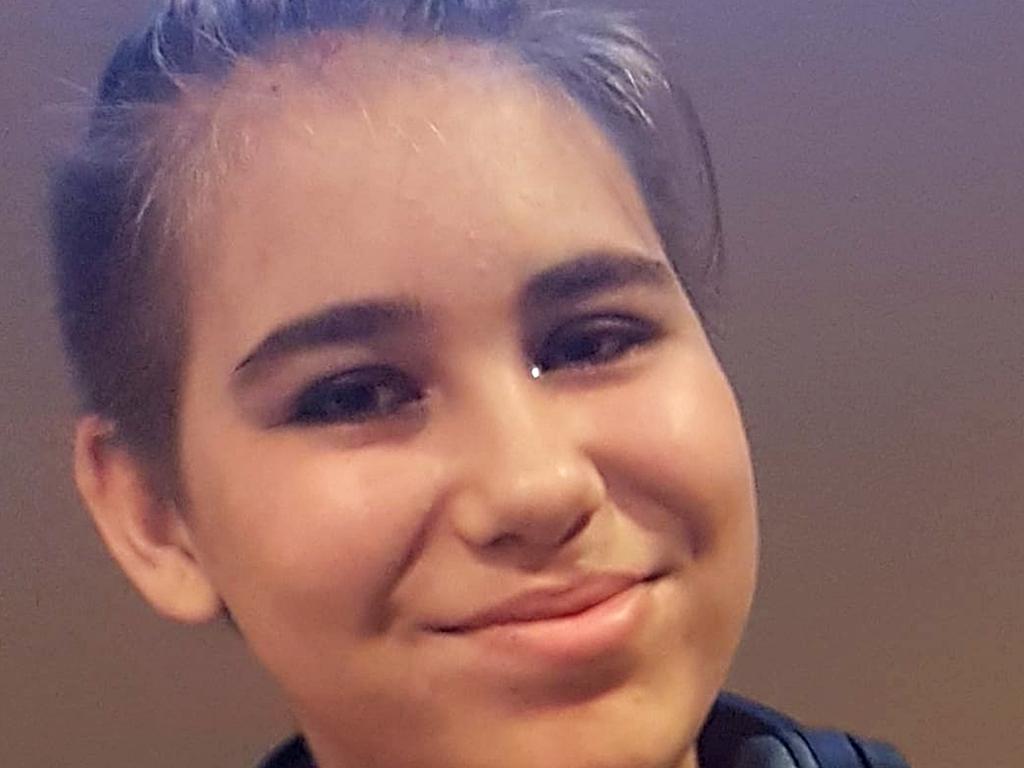
In documentation seen by The Courier-Mail, a Logan Hospital staff member said: “We have reviewed Onyx in ED with suicidal ideation. Onyx was reviewed by the mental health team and discharged to continue with community support via the mental health care plan.”
Since the tragic death of Onyx – who was in Year 8 at Beaudesert State High – the Lamberts have been fighting for change within the school system.
They have met with Education Minister Grace Grace and Education Department director-general Michael De’Ath but said the promises that were made to improve school-based responses to bullying were “hollow”.
“It’s a complete disgrace that children are ending up in mental health units while schools do nothing,” Ms Lambert said.
“We were told by the Minister that she had an action plan in place but we have seen no action at all.
“The current policies and procedures around bullying are not working yet all the government wants to do is stick to the script. They don’t want to try anything new despite knowing that the system is failing our kids.
“As a family, we are shattered but we will continue to fight for change.
“By the time kids end up in hospital, it can be too late.”
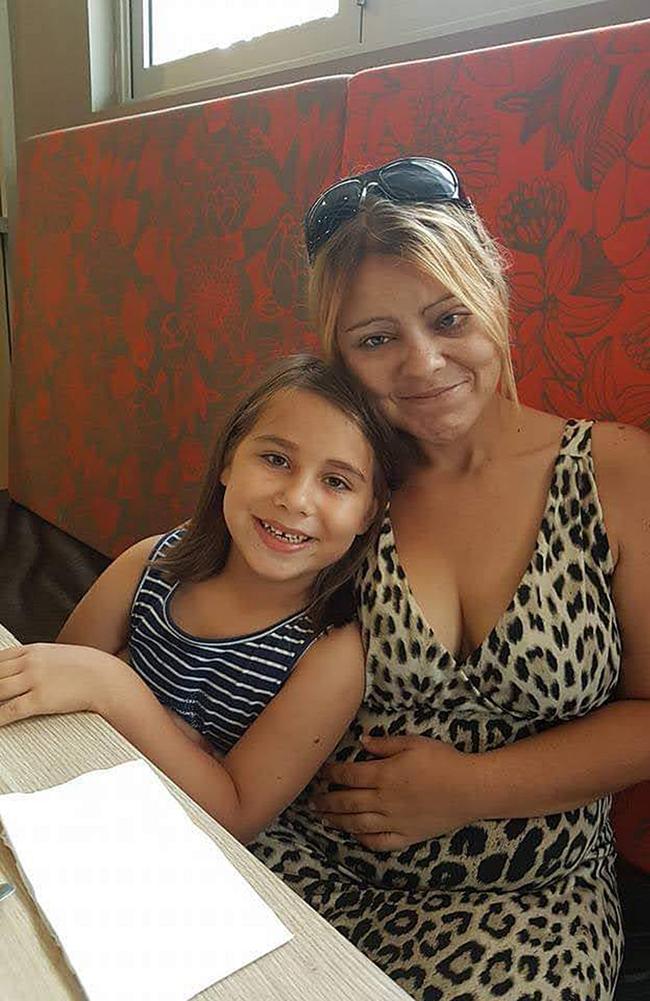
Ms Lambert said when kids expressed suicidal thoughts they should receive proper and significant help urgently.
“No child should be made to wait - and neither should their families - the risks are too high.”
Metro South Health chief executive Noelle Cridland said the case had been referred to the coroner and “therefore it would be inappropriate to comment further”.
“We offer our deepest sympathies to Onyx’s family for their devastating loss,” Ms Cridland said.
“If you are affected by this tragedy, we encourage you to seek help. Anyone in need of support in times of mental health crisis can access information and assistance 24-hours a day by calling 1300 MH CALL (1300 64 22 55). Ongoing support is being provided to Onyx’s family, school community and staff members involved in providing care.”
A department spokesperson said since the meeting with the minister and director-general an additional deputy principal had started, more support staff had been employed, and consultation on changes to the student code of conduct was ongoing.
An amenities block was also being upgraded as work from the action plan was continuing.
QUEENSLAND’S MENTAL HEALTH TICKING TIMEBOMB
School bullying has driven up the numbers of young people seeking out mental health care by 50 per cent and experts fear AI technology and deepfakes will inflame the deadly scourge.
The private Emotional Health Unit, based at Mater’s South Brisbane campus, is reporting the surge over the past year but the trend is likely only the tip of the iceberg as kids in the public system are waiting up to 18 months to see a psychiatrist.
Professor of Child and Youth Psychiatry at the University of Queensland James Scott said school bullying is among the top three reasons for mental ill health in young people. Having a mental health condition and maltreatment are the other main contributors.
“Young people who are targeted by bullies are three times more likely to attempt to take their lives. Also the impacts of school bullying can trigger mental health problems later in life,” Professor Scott said.
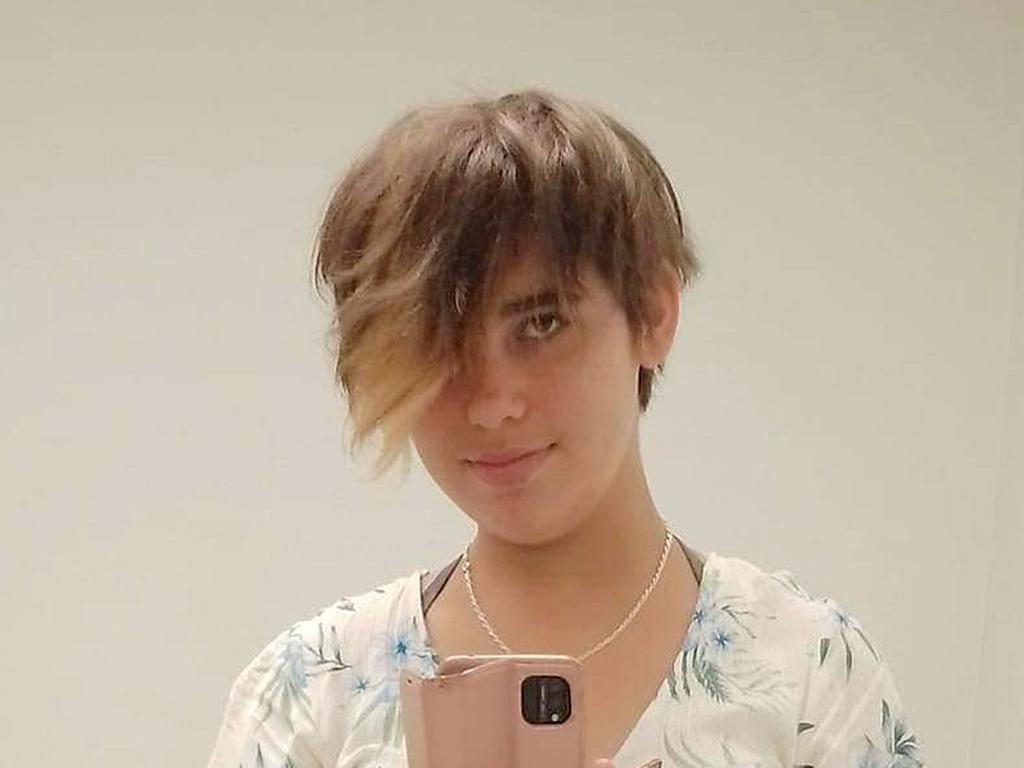
Data shows that children’s mental health is a ticking time bomb.
The National Study of Mental Health and Wellbeing, 2020-2022 reports young people experienced the highest prevalence of mental health disorders across all age groups, with mental health disorders surging by more than 50 per cent in the past 15 years among young populations.
Royal Australian and New Zealand College of Psychiatrists Queensland Chair Professor Brett Emmerson said that technology and social media had played a part in bullying for a long time but emerging AI technology that allows fake videos and photos to be created and threats of exposing these can be devastating.
“There is a clear association between bullying and mental health problems. The hard part is controlling it,” he said.
The Mater’s Emotional Health Unit treats patients 16 to 25.
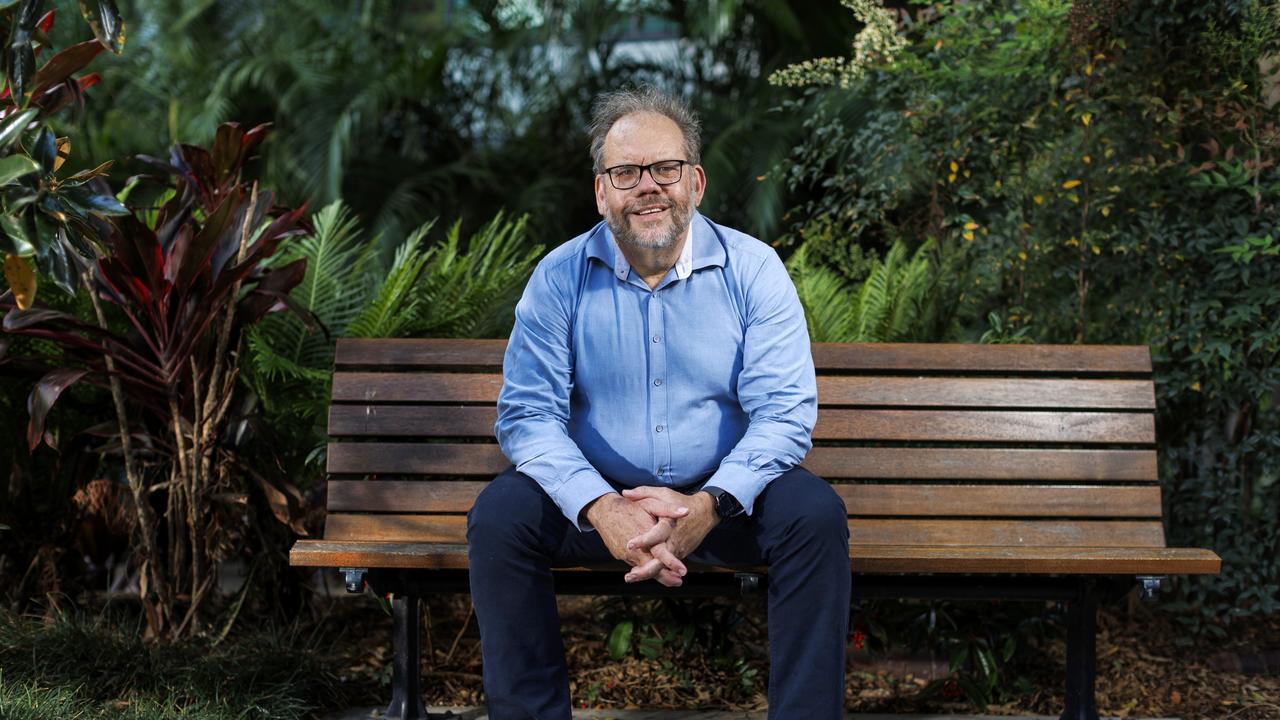
Nurse practitioner at the unit Chris Leary said bullying can impact a child’s development,
self-confidence, self-worth and self-esteem which often leads to anxiety and depression — problems which frequently continue into young adulthood and beyond.
Mr Leary said both young adults and their parents can self-refer to the Emotional Health Unit as public and private patients.
“Bullying can lead to restrictive disorders such as eating disorders, even episodes of harm, suicidal thoughts and planning,” Mr Leary said.
He encouraged parents to look out for changes in their child’s eating and sleeping habits, as well as how much time they spent using phones and other electronic devices.
“Signs of irritability, mood swings and no longer engaging in family activities are telltale signs a young person could be struggling with their mental health,” he said.
CHILD ‘OUTED’ BY CRUEL SCHOOL BULLIES
Natalie (surname withheld), an experienced educator based in Brisbane, said her family was in crisis when the Emotional Health Unit helped her 16-year-old son Parker.
She said her transgender son was cruelly bullied at two schools.
Natalie only realised the extent of Parker’s problems when the Queensland Police Service arrested her then 14-year-old and issued him with a caution for drug possession.
She said that bullying, as well as the breakdown of her marriage with Parker’s father, had led to his drug abuse.
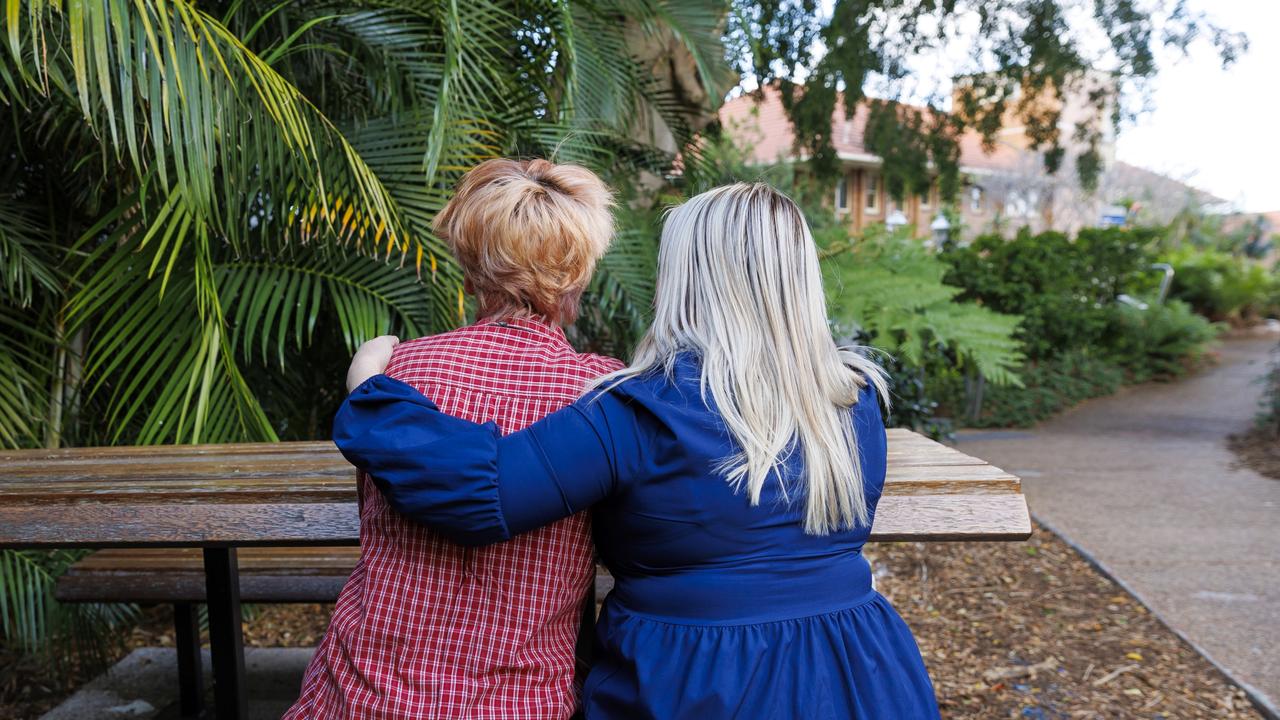
“He was ‘outed’ because of his gender and just didn’t find his ‘place’. At school he experienced name calling, rumour mongering and people befriending him under false
pretences,” she said.
Parker had been on waitlists to see psychiatrists for 18 months.
Health Minister Shannon Fentiman and Education Minister Grace Grace have vowed to keep putting their heads together to work on solutions.
“One suicide is one too many, and our government has zero tolerance for bullying. Every young person should be able to focus on their schooling and social life, free from the scourge of bullying,” Ms Fentiman said.
“Through our $1.64bn Better Care Together plan, funded by the Palaszczuk Government’s Mental Health Levy, we are funding a range of measures to support children and young people experiencing mental health issues,” she said.
Education Minister Grace Grace said that “bullying is a scourge, and we take a zero-tolerance approach. It’s something I take incredibly seriously, and that my department provides extensive resources and support to challenge,” she said.





